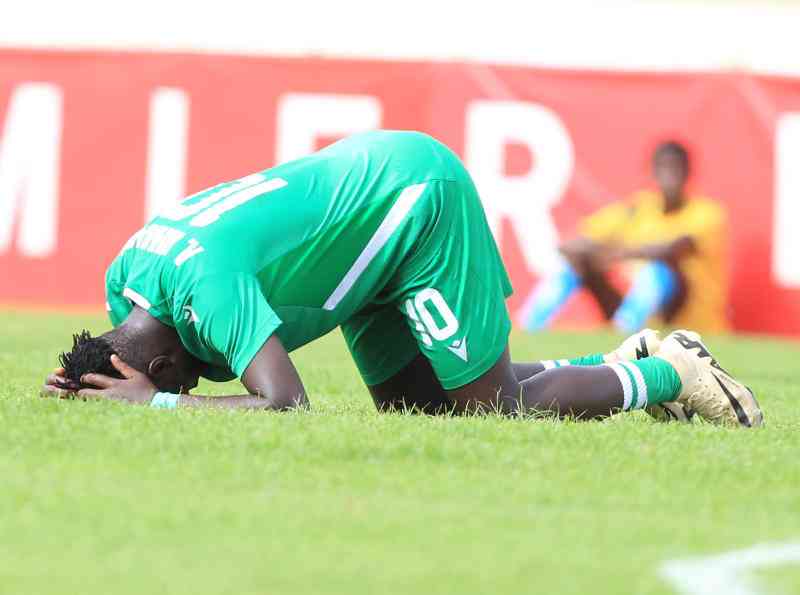×
The Standard e-Paper
Home To Bold Columnists

The 2024 FKF Premier League season was a tapestry of triumphs, tribulations, and transformative moments that encapsulated the dynamic nature of Kenyan football.
Gor Mahia's record-extending 21st league title was a testament to their enduring dominance, yet the season also underscored persistent challenges that continue to impede the league's progression.







